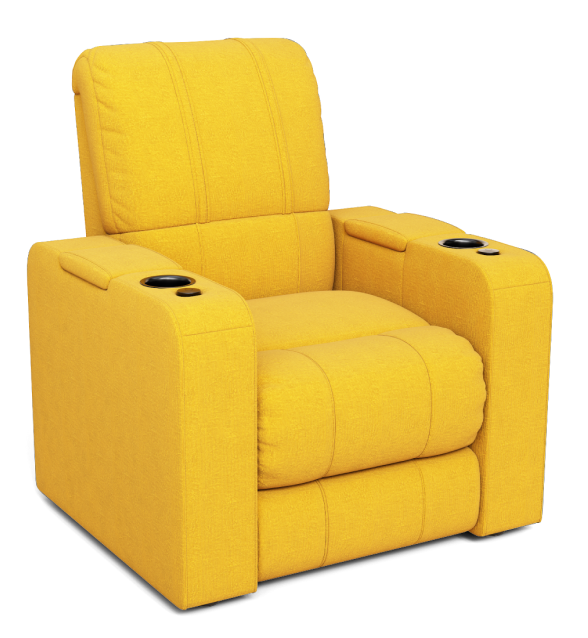Retail experiences are about to get amazingly engaging and immersive. As brands and merchants begin to embrace the metaverse, digital worlds will become the ultimate shopping destinations. Businesses are interested in the Metaverse. They want to be a part of it because they see its potential. The Metaverse is a virtual world where people can interact with each other, go to events, go shopping, and do the things that they normally do in the real world. The Metaverse is a very interesting concept that can have a huge impact on the world.

What’s driving interest in the metaverse among brands and retailers?
Brand participation in the metaverse has seen a significant rise in the past decade. While many people are still sceptical about the metaverse, it has become a powerful motivator for many companies. A number of companies have aggressively embraced the concept of the metaverse and have rebranded to reflect this. One of these companies is Facebook, which rebranded to Meta in October 2021. This change sparked a huge wave of interest and excitement.
AR/VR has the potential to fundamentally change how consumers interact people and brands, both online and in person. This will become more important as Gen Z and Gen Alpha consumers come of age, for these digitally native generations are growing up immersed in online experiences.
A recent study found that 71% of US internet users are interested in using AR/VR to try out a product before they buy it. For Gen Z and Gen Alpha consumers, this number rises to 83%. These digitally native generations are growing up immersed in the online experiences and are spending money on virtual goods and services within these environments.

Attracting the new generation
Metaverse Opportunities and Use Cases for Retail in 2022
A virtual goods market already exists on gaming and embryonic metaverse platforms. These can range from low-cost digital skins to one-of-a-kind nonfungible tokens (NFTs) worth tens of thousands of dollars. NFTs can be valuable because they are unique and scarce, which means their combined marginal cost of production and distribution is basically zero, but their values can rise. Tulfa is an eCommerce-management organisation that manages brand catalogs and product information on the internet. They are sought after by various industries such as electronics, fashion, and consumer goods for customer-facing digital storefronts and enterprise back-office needs. For example, they can manage a product search engine, create product sheets, manage the product catalog, and so on.
Tulfa helps centralize, enrich and distribute product data for your omnichannel strategy to deliver compelling product experiences and support great customer experiences.

Creating digital avatars to augment shopping experiences
Fashion businesses have been one of the first to embrace Metaverse engagement. This makes sense considering how important avatars are to interactions in games and metaverse platforms. Avatars are essentially a “second self” for the users. The skins in games market alone is worth $40 billion by 2021.
The fashion industry is one of the most innovative and creative in the world. They have grown increasingly popular in the world of gaming and metaverse platforms. Notable fashion brands include Nike, Ralph Lauren, Louis Vuitton, Tommy Hilfiger, Balenciaga, Burberry, Gucci, Vans, Zara, and Forever 21. The recent success of virtual reality platforms, notably the Metaverse, witnessed large number of big brands entering the market. While most brands have been experimenting with their new, innovative capabilities, some have been taking a more serious approach. Nike, which has been filing trademark applications, establishing a Metaverse Studio, and acquiring the virtual fashion startup RTFKT.

Big brands are catching on this trend
Luxury brands are also making their presence known. Balenciaga announced intentions to develop a metaverse business unit in 2020 to boost its digital projects. One of the company’s digital projects was its new video game that showcases their Fall 2021 collection. In September 2021, the fashion brand will cooperate with Fortnite to create a digital world that merges the virtual and physical worlds.
Gucci has proven that virtual goods can be profitable by selling them through their online store. In 2021, Gucci offered a wide range of digital things for sale, ranging from $13 virtual footwear to a one-of-a-kind Roblox purse that resold for over $4,000 and a video NFT auctioned off by Christie’s for $25,000. Gucci’s executive vice president, Robert Triefus, has stated that the company has proven to itself that the virtual world can create a very significant new revenue stream.

Consumer sectors are experimenting with using virtual spaces to showcase their products. The apparel and accessories industry highlights the aesthetic value of the products through AR. However, other consumer sectors are experimenting with ways to connect with consumers online.
Virtual Reality offers a new way to create an experience, and companies that can harness the power of VR will be the first to emerge as leaders in the Digital Age.
Leverage our expertise
Tulfa is a strategic interactive design studio that generates aesthetically engaging designs. We utilise our diverse skills to translate high-level concepts into significant strategic design initiatives on the cutting edge of possibility. Our team of experts create immersive experiences through Augmented Reality, 3D Modeling, 3D Photography, Product Imagery, Rich Media, Creative Content and more.
To know more about us, contact us at hello@tulfa.com



